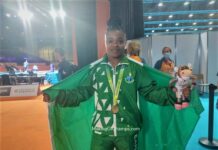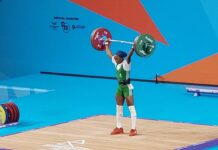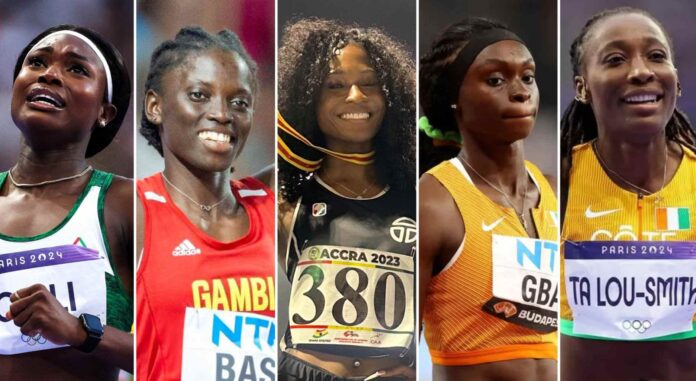Africa is a continent renowned for its exceptional sprinting talent, particularly among men, where a deep pool of athletes has consistently emerged. In contrast, the women’s side has seen fewer standout sprinters over the years. However, the landscape is changing for women’s sprinting, with an increasing number of female sprinters making their mark, signalling a bright future for the sport on the continent.
The 2024 season proved to be a testament of the fast-rising talents in the women’s division, as Nigeria and Ivory Coast appear to have found successors to continue their long-standing rivalry. Meanwhile, several other African nations are rising to the occasion, producing elite sprinters who are ready to put their respective nations on the global scene.
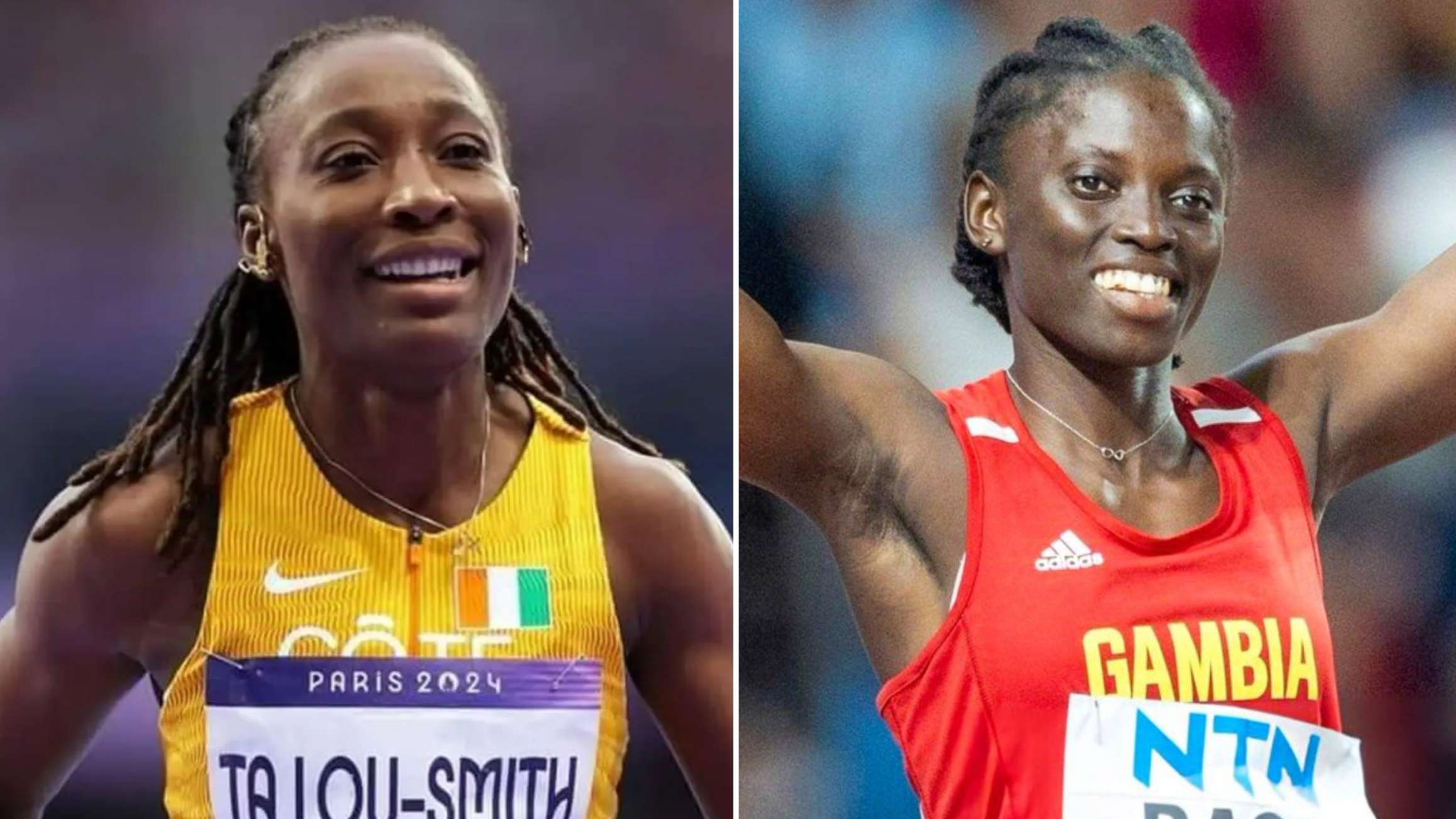
With Murielle Ahouré -Demps retiring post the Paris Olympics, Marie Josée Ta Lou-Smith and Gina Bass-Bittaye are set to lead the 2025 season as the current set of seasoned veterans, having represented the continent at multiple World Championships and Olympic Games.
Both had an impressive season, with Bass-Bittaye becoming the first Gambian woman to run under 11s and Ta Lou-Smith being the first African sprinter to compete in three consecutive 100m finals at the Olympics. Although the 2025-2028 cycles may be their final stretch, both sprinters show no signs of slowing down, having already qualified for the 2025 World Championships and aiming to remain the faces of African sprinting, despite the emergence of several promising new talents.
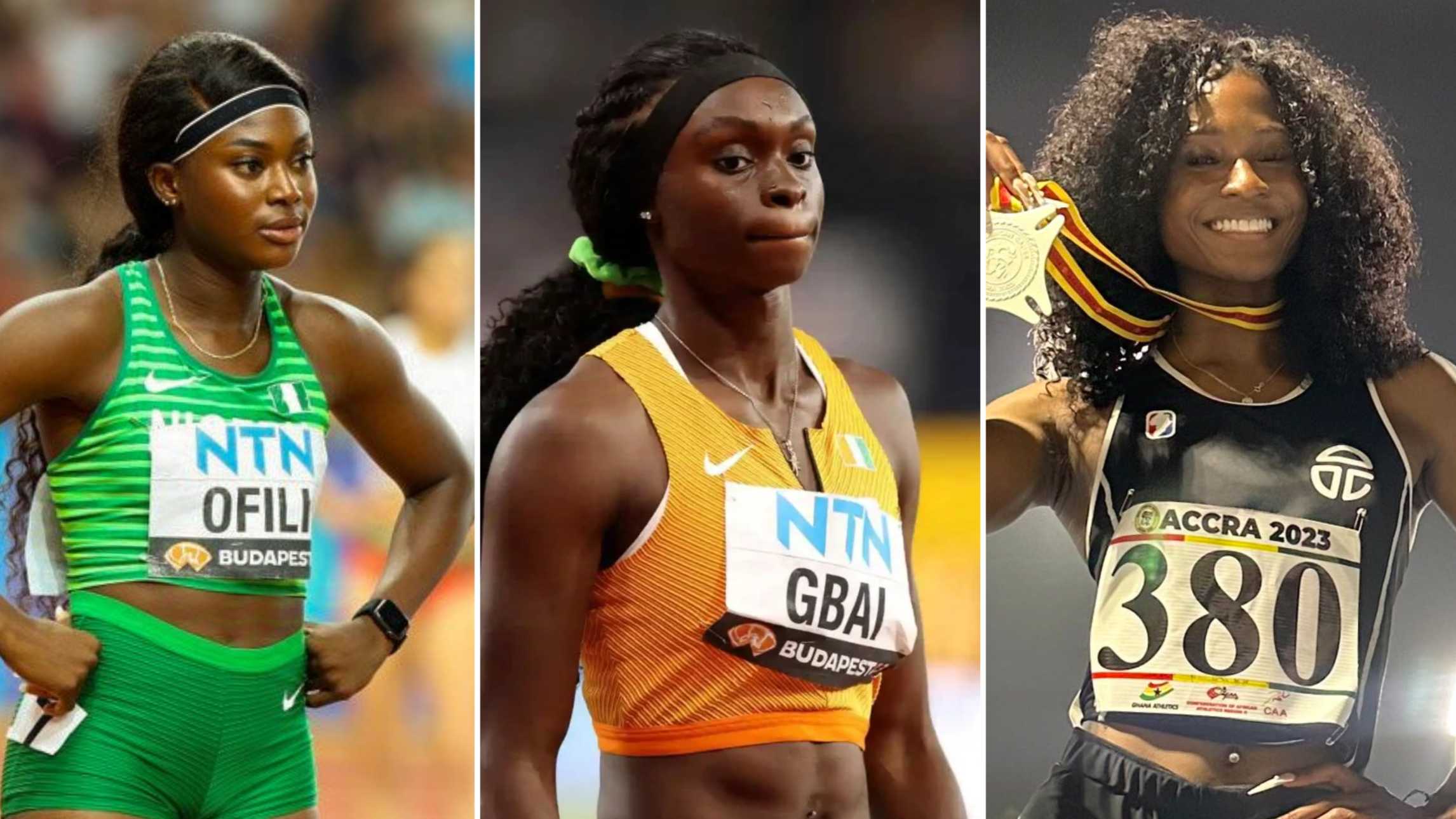
Among the current crop of African female sprinters quickly climbing up the ranks, Favour Ofili and Jessika Gbai seem to be leading the pack as the duo were the only African representatives in the women’s 200m final at the Paris Olympics, despite it being their Olympic debuts.
Ofili closed the 2024 season as the fastest African woman in the 200m and the 7th fastest in the world, with Gbai who won the 200m title at the African Championships, finishing 8th. Gbai’s teammate Maboundou Kone, who was the only female athlete to medal in the 100m and 200m at the African Championships is another rising force.
Liberian duo, Destiny Smith-Barnett and Maia McCoy are also in the mix, with the latter winning back-to-back 100m Silver medals at the African Games and African Championships respectively while the former entered the prestigious sub-11 club, having clocked 10.99s back in June.
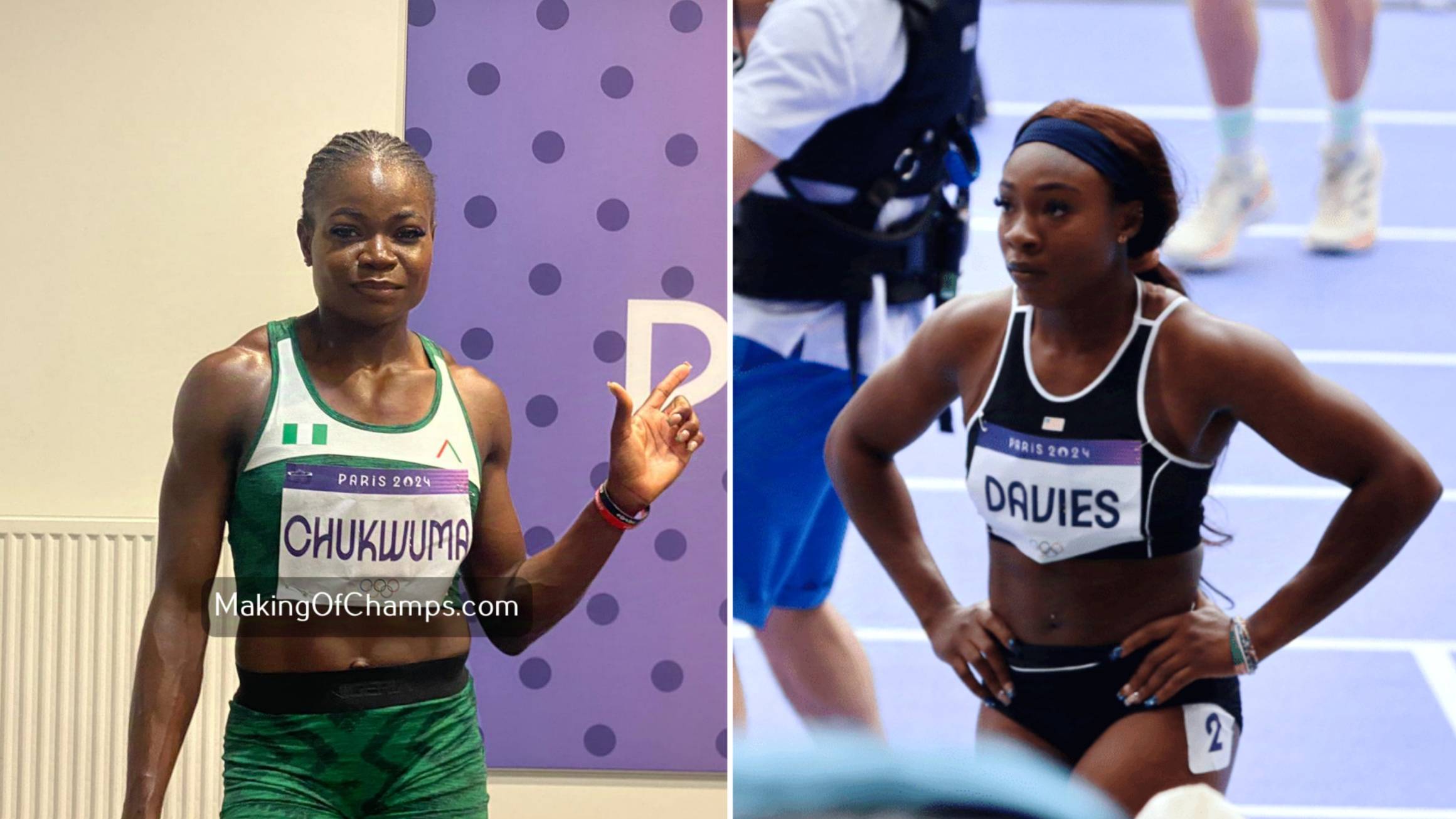
Adding to the list of sprinters who are poised to make an impact in the professional circuit are the pair of Rosemary Chukwuma and Thelma Davies who just concluded their collegiate careers at Texas Tech and LSU respectively. Both athletes had an amazing run at their respective colleges, especially in their senior year.
Chukwuma ran the second fastest time recorded by a Nigerian woman in the 100m, made the Olympic semifinals and ultimately ended the 2024 season on the world’s Top 10 list with her impressive time of 10.88s clocked in May. Davies on the other hand, improved on her Personal Bests (PBs) massively in the 100m and 200m, racing to times of 11.01s and 22.17s earlier in the season to qualify for her maiden Olympics.
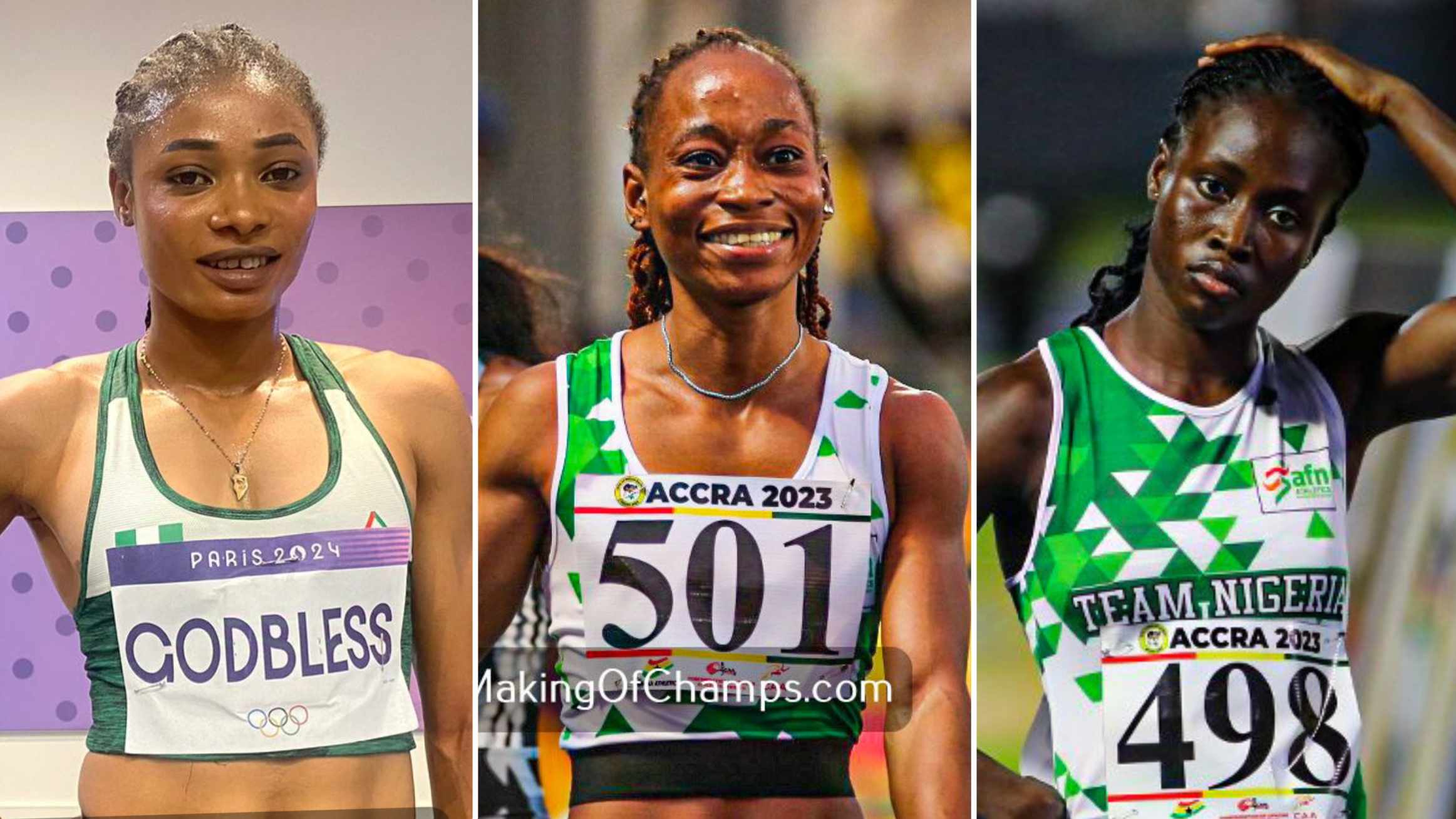
In the collegiate circuit, Tima Godbless had a stellar freshman season at LSU, overcoming injuries to reach the finals in the 100m, 200m, and 4x100m at the NCAA Championships, ultimately making the Nigerian Olympic team. Joining her next season will be Olayinka Olajide and Justina Eyakobeyan, representing Texas Tech and USC respectively.
Olajide secured a complete set of medals at the African Games—Bronze in the 100m, Silver in the 200m, and GOLD in the 4x100m even as Eyakobeyan also played a vital role in the Nigerian 4x100m team and was a finalist at the African Games. This trio is expected to bring further excitement to African sprinting in the coming years.
Given the talent and potential showcased by these athletes, there is no doubt that African female sprinters are set to make a significant impact on the global stage next season.







